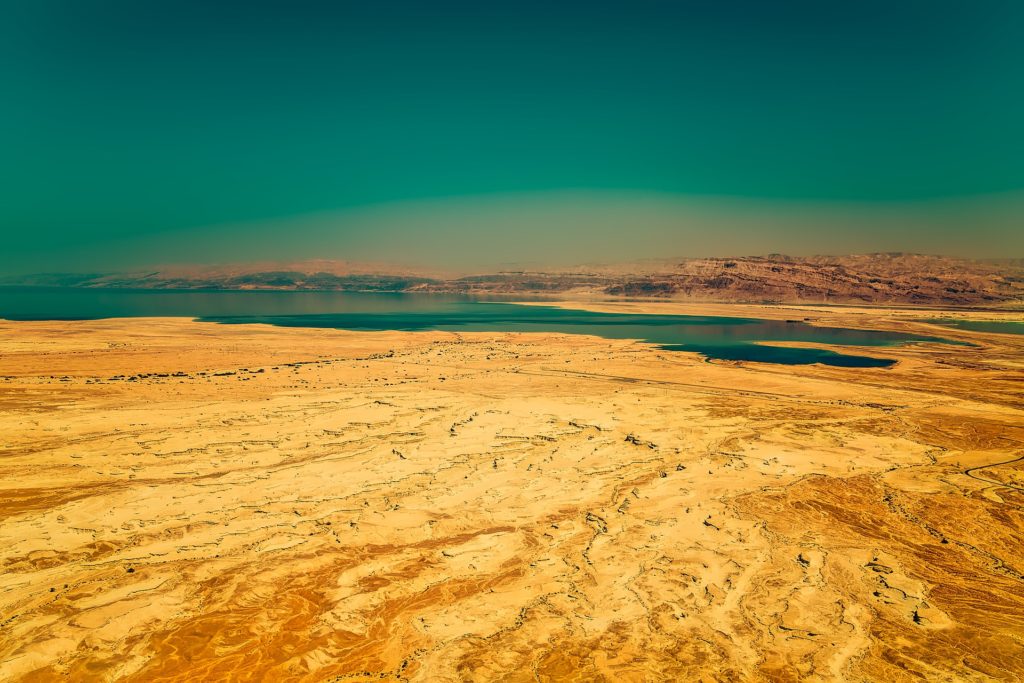by Sister Gretchen Johnston
Laetare Sunday. Why do our scriptures today, on Rejoicing Sunday, start with a lament?
In the first reading from the Second Book of Chronicles, the Israelites are bereft. They have lost their motherland and have been taken to another land and live among people who worship other gods and have different traditions. I imagine the psalm for today must have been sung with the same pathos as the spiritual that Odetta sang for us earlier. “How could we sing a song of the Lord in a foreign land? … May my tongue become useless if I ever forget you, O Jerusalem!”
The Lord inspired Cyrus of Persia to let the Jews go back to their homeland and to have the temple in Jerusalem rebuilt. How must they have felt? Giddy with joy, I imagine. To us readers, the narrator gives some background, that the Israelites got themselves into this mess by following the customs of the surrounding nations. And we are told that they did so repeatedly and ignored the Lord.
Paul expounds on God’s mercy in his letter to the Ephesians. This mercy is not because of anything we have done, but rather from God’s love and compassion to us created beings who get ourselves into trouble all the time.
In the Gospel, in the theological paragraph after Jesus talks to Nicodemus about the Son of Man being lifted up, God’s mercy is further expounded upon. First comes the beloved verse “For God so loved the world…” God did not and does not condemn anyone, but people condemn themselves through their own actions.
I can see why the Israelites thought God was angry with them, why they thought God had condemned them. Through their own actions and non-actions, they condemned themselves in our reading.
The words of the Greek playwright Aeschylus, written thousands of years ago, have described this dynamic:
“Even in our sleep,
pain which cannot forget
falls drop by drop upon the heart
until, in our own despair, against our will,
comes wisdom through the awful grace of God.”
The reading from the Second Book of Chronicles might as well be about us. Much of the trouble in our lives, much of the pain, much of the desolation, has been wrought by us or by our families before us. How have we ignored the messengers of God that we each, others and ourselves, can be? How have we each despised God’s warnings? I’m sure we all can think of times of desolation in our lives in which God seemed to be absent or angry. Maybe, just maybe, we got ourselves into the mess. Maybe, just maybe, as the Gospel of John states, God has not condemned us, but we have condemned ourselves and/or others.
God will show us mercy again. God will bring good about somehow. But we are also warned that it is not because of anything we have done. Otherwise, we might be tempted to manipulate God by trying to mitigate God’s anger.
Aching lament
Empty land
The land is sacred
the land is our mother.
Wandering
Directionless
The land of our people is sacred
the land is our mother.
Our God who kept us safe
is nowhere to be found.
Our God who made us prosper
has laid waste our land.
Is it us, O Lord?
Our land we loved
the mother who gave us birth
nurtured us.
Must we leave?
Are you angry with us, you who made us?
We will never forget you, mother.
How can we ever be joyful away from you?
Now we are servants in a strange land.
We have not known joy for many years.
The land of our forebears,
the land of our heart,
We are numb.
And silent.
Empty.
No tongues to sing.
No hands to pluck the harps.
All we have is hope.
Do we dare to hope?
A new ruler, a new country over us.
What changes? We are still far away from our motherland.
Afraid to repeat the rumor of joy.
What does joy look like?
We do not recognize it.
An official with the royal seal
Trumpeted the news throughout the kingdom.
All who belong to the LORD may return!
Return to their land.
The king will build a house to the LORD!
In our land. Our sacred motherland.
Giddy with joy
Excitement coursing through our veins
we move and we gather and we pick up shop and we trudge through the wild land and we cross the river and Oh mercy!
We’re here!
We are free to start again.
Our God of new beginnings
our God of new life
our God of unconditional love,
has brought us home to our own land.
O motherland,
O joy,
You are sacred and nourishing
and we will rejoice and nourish you.

